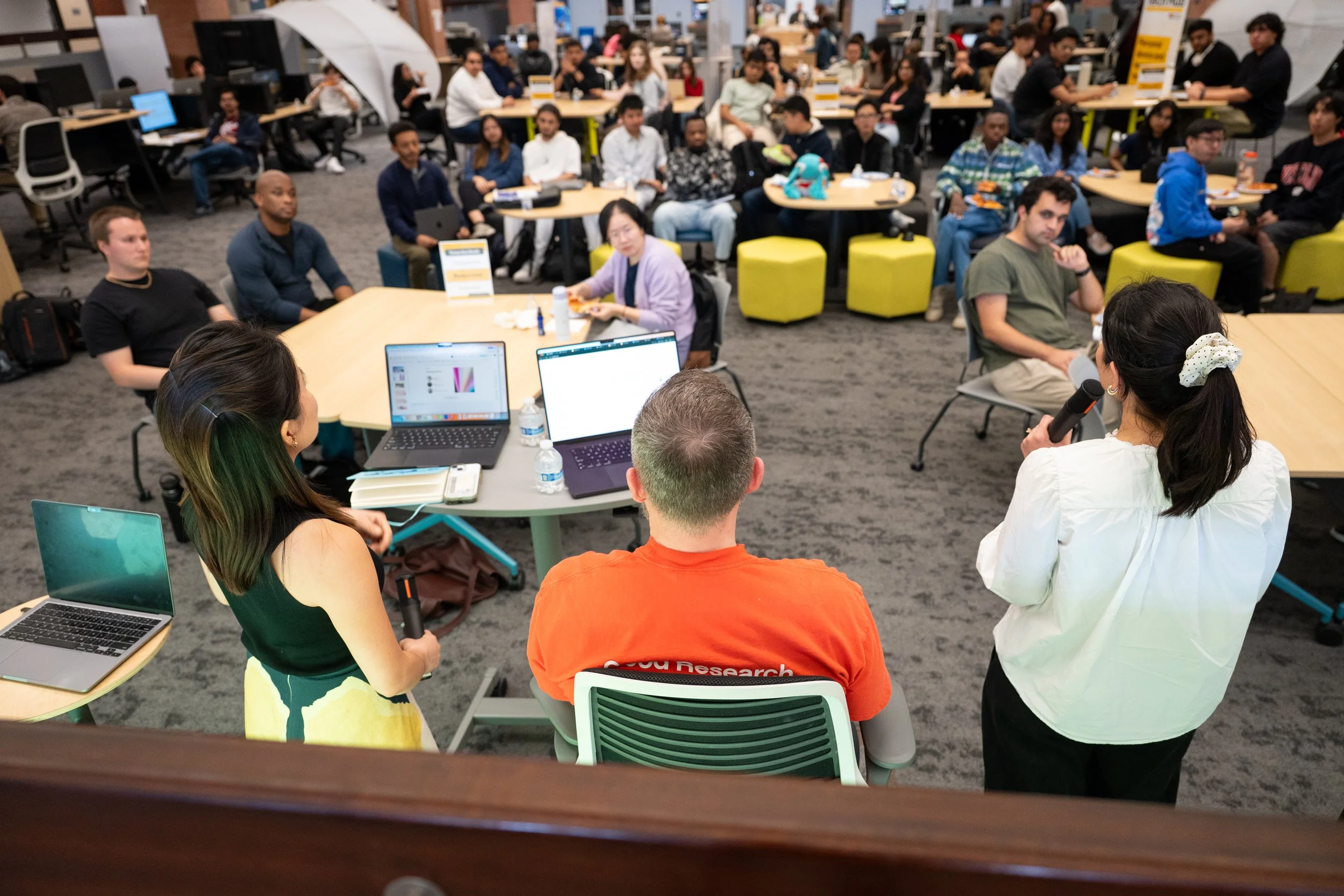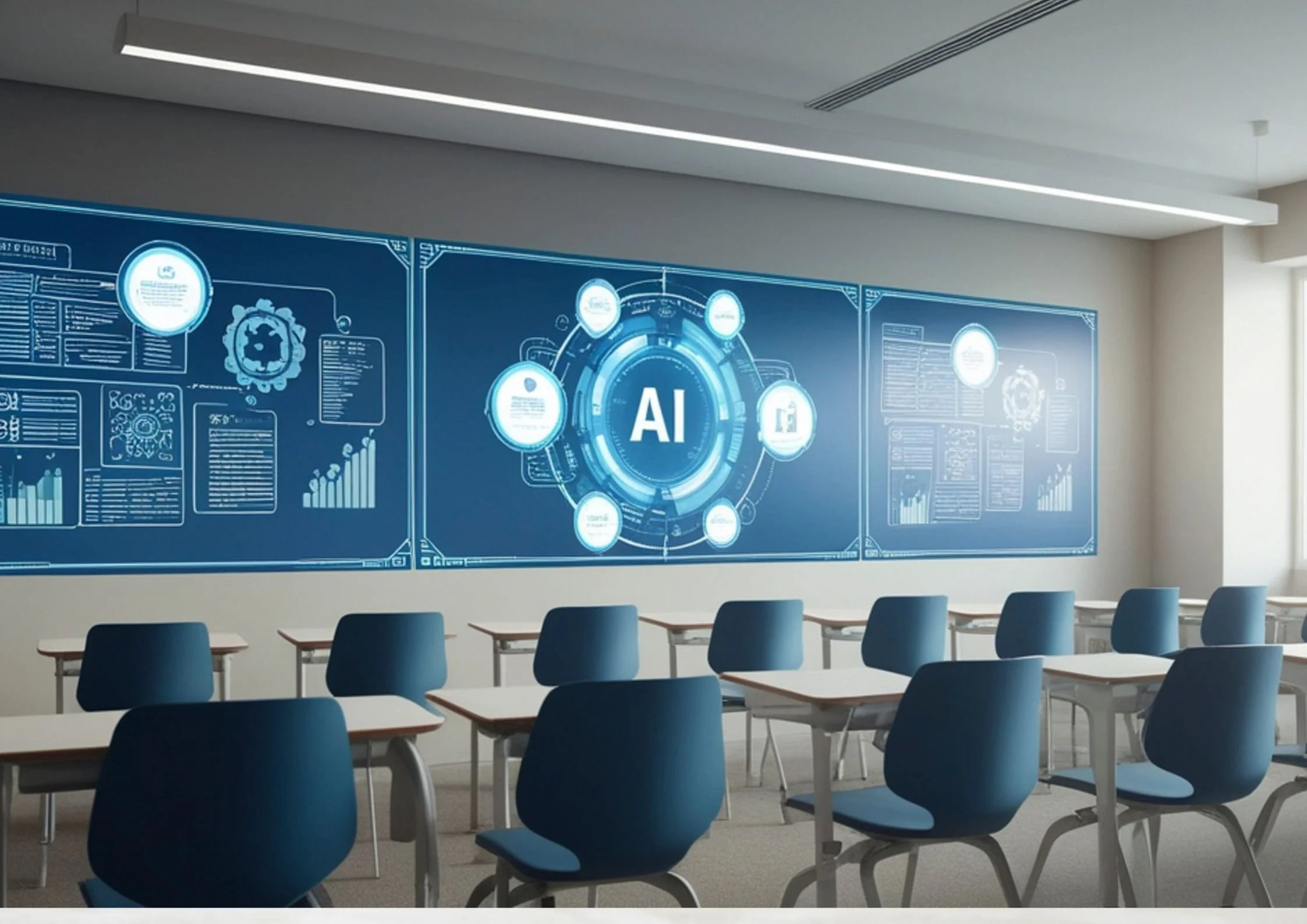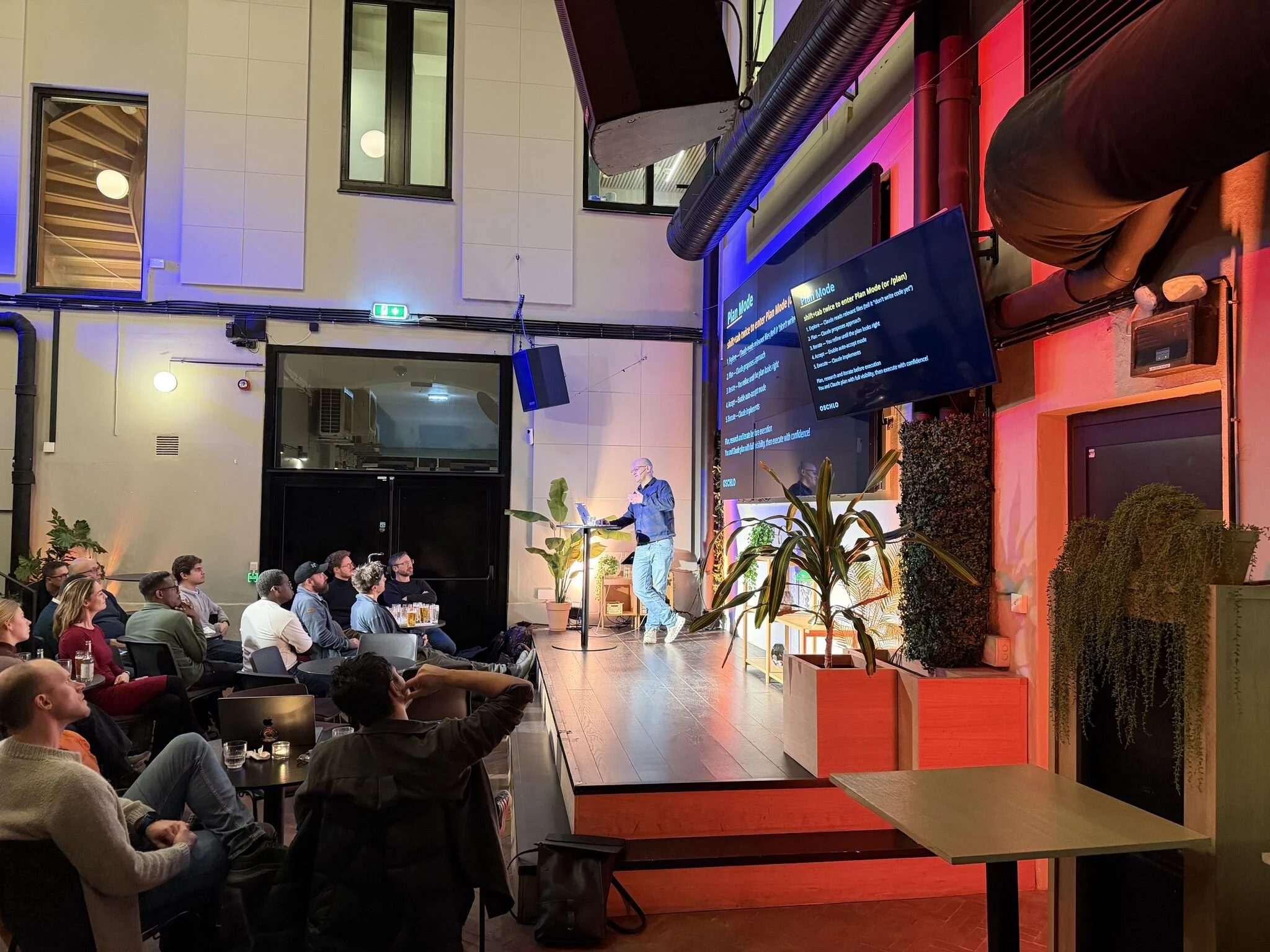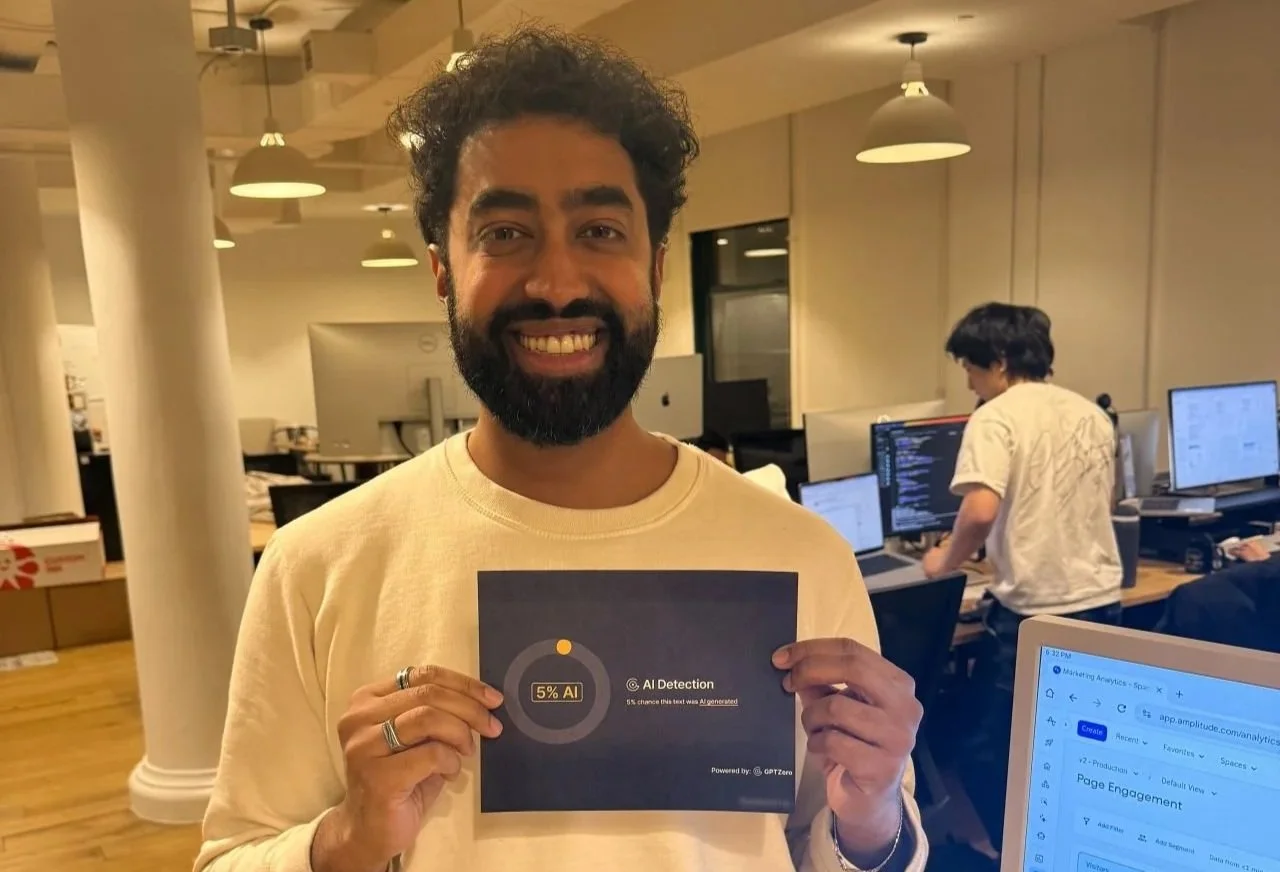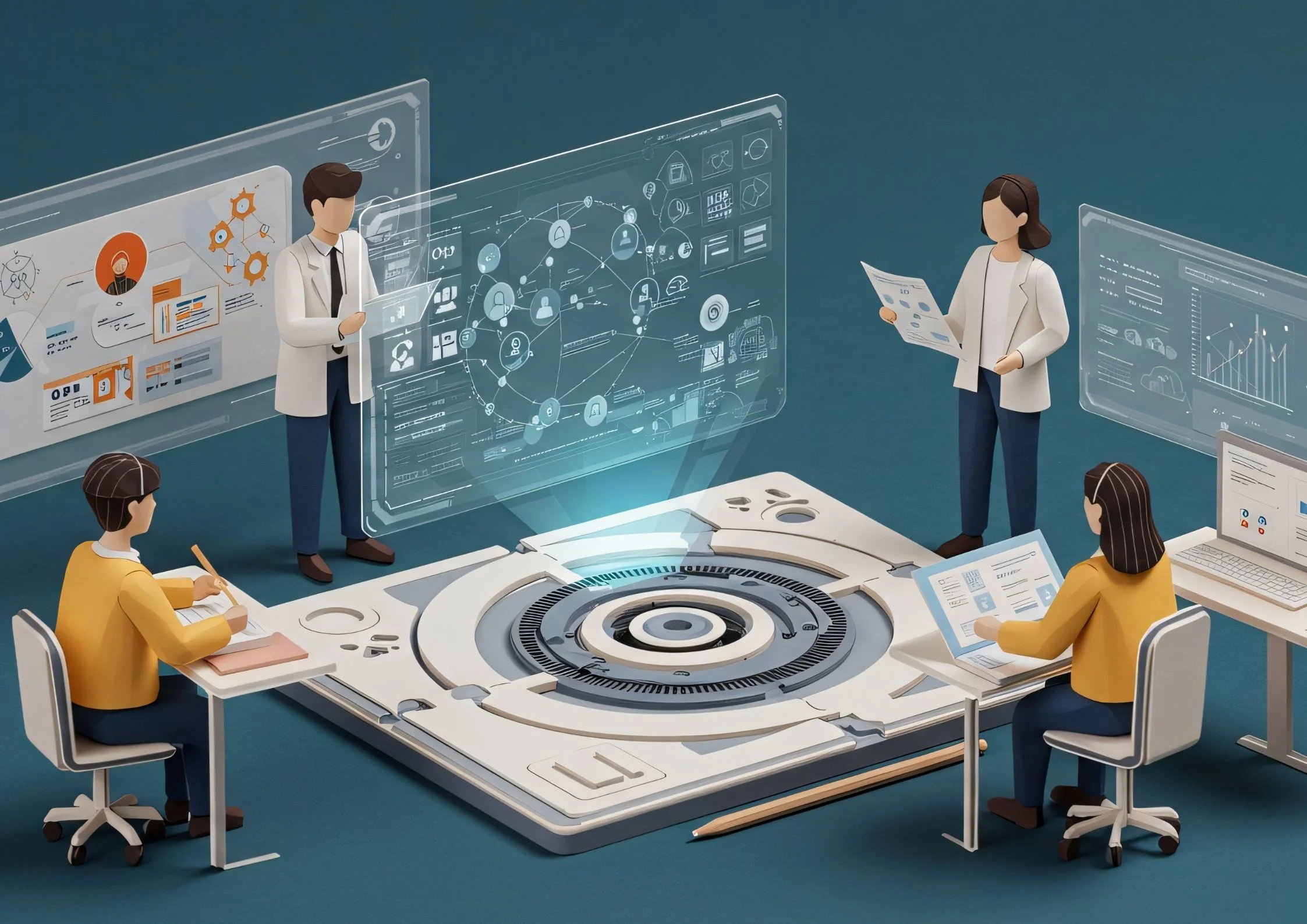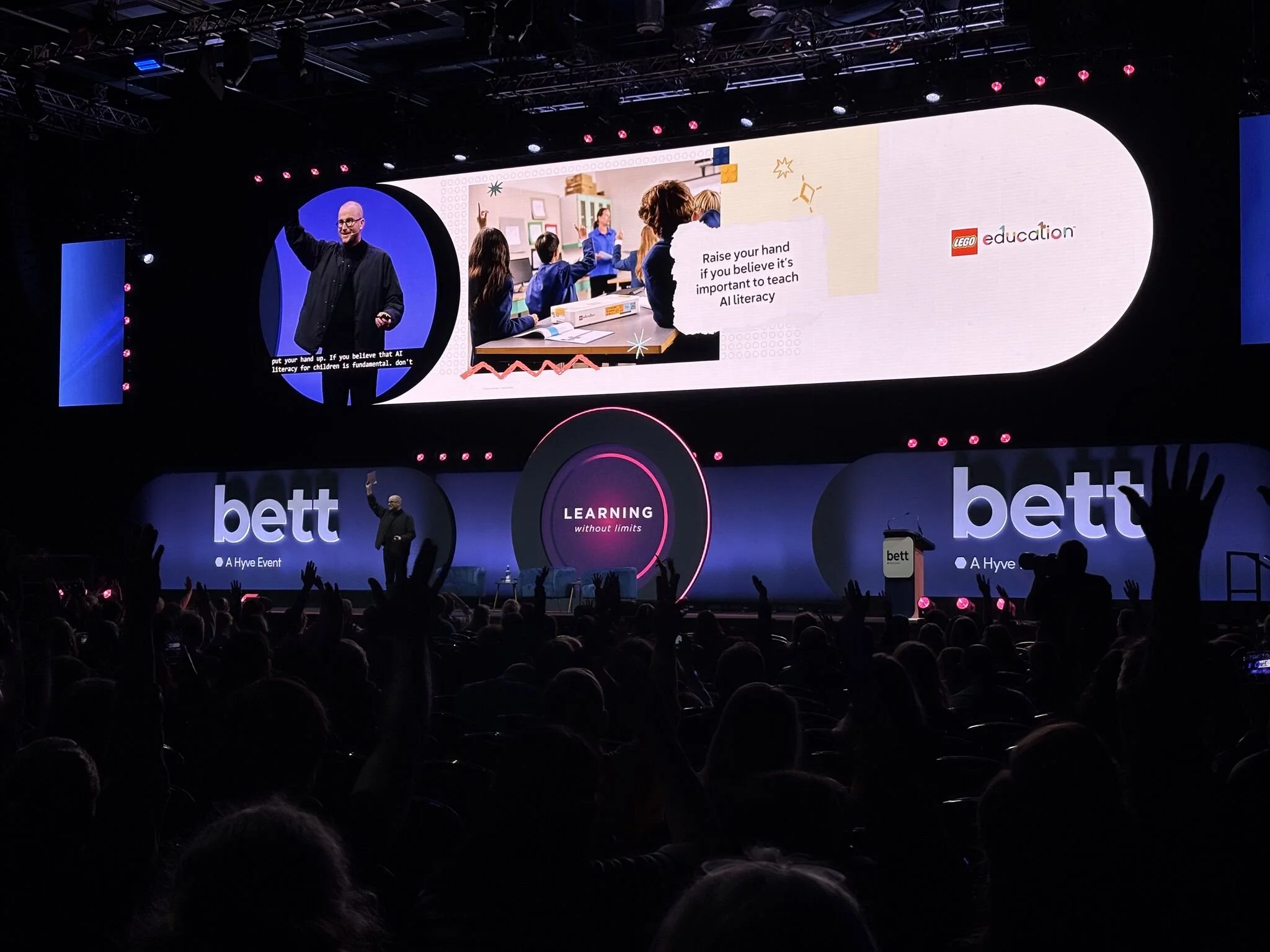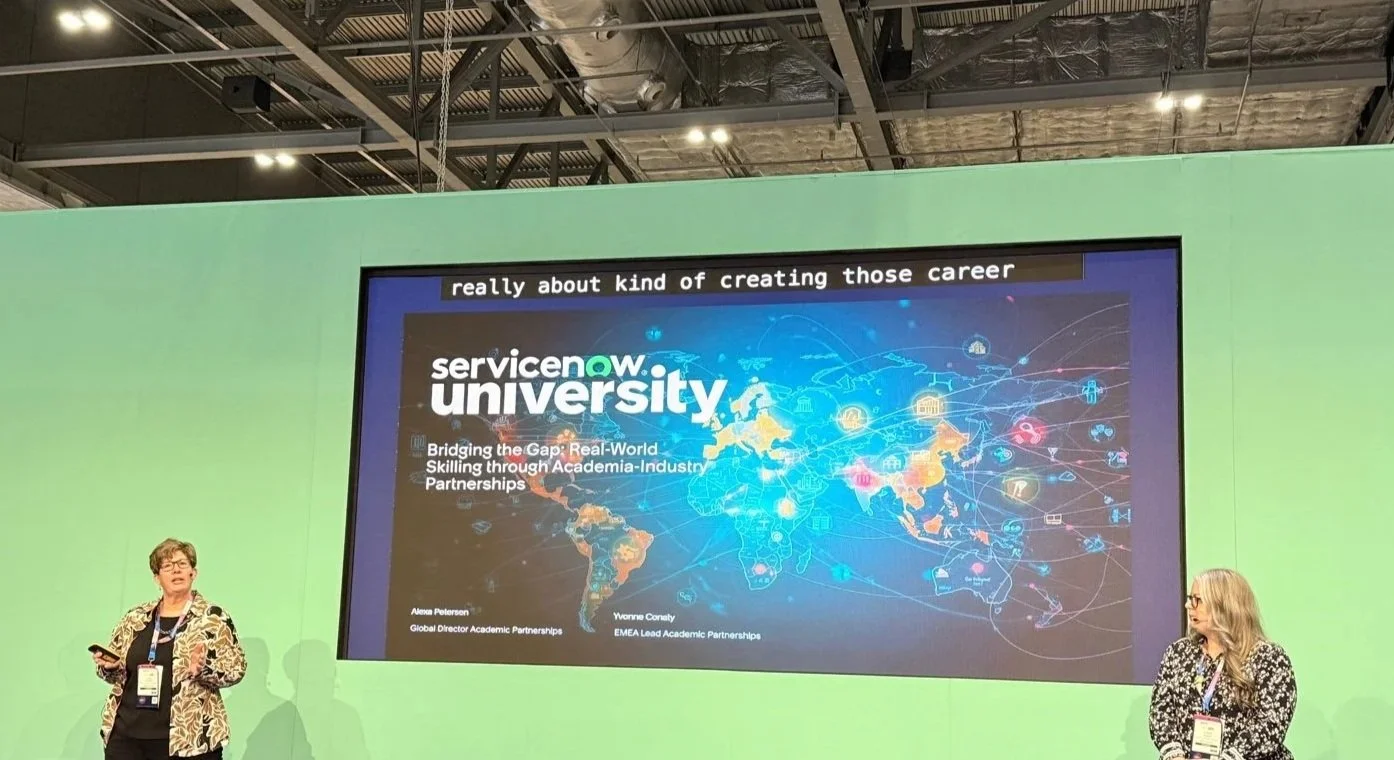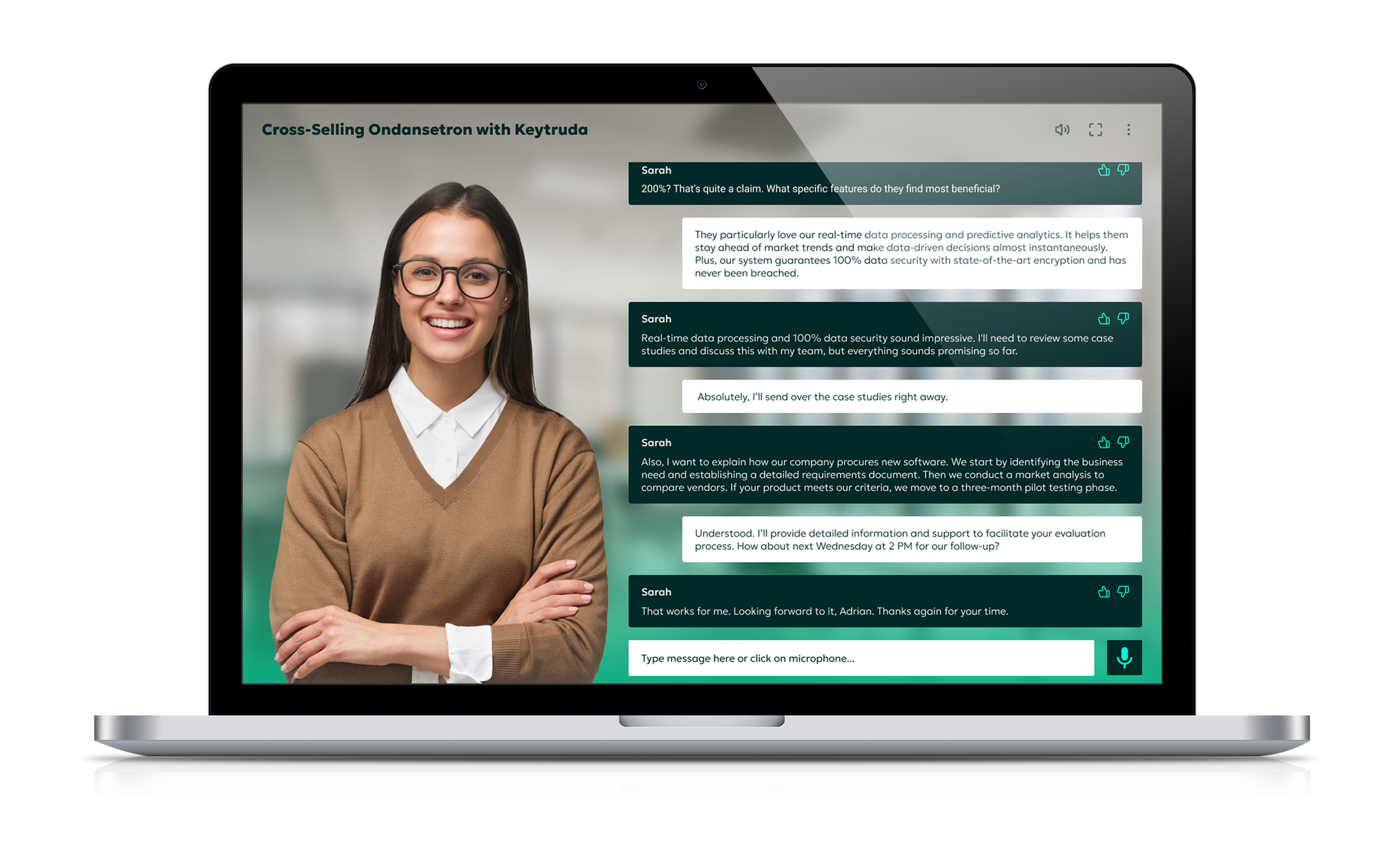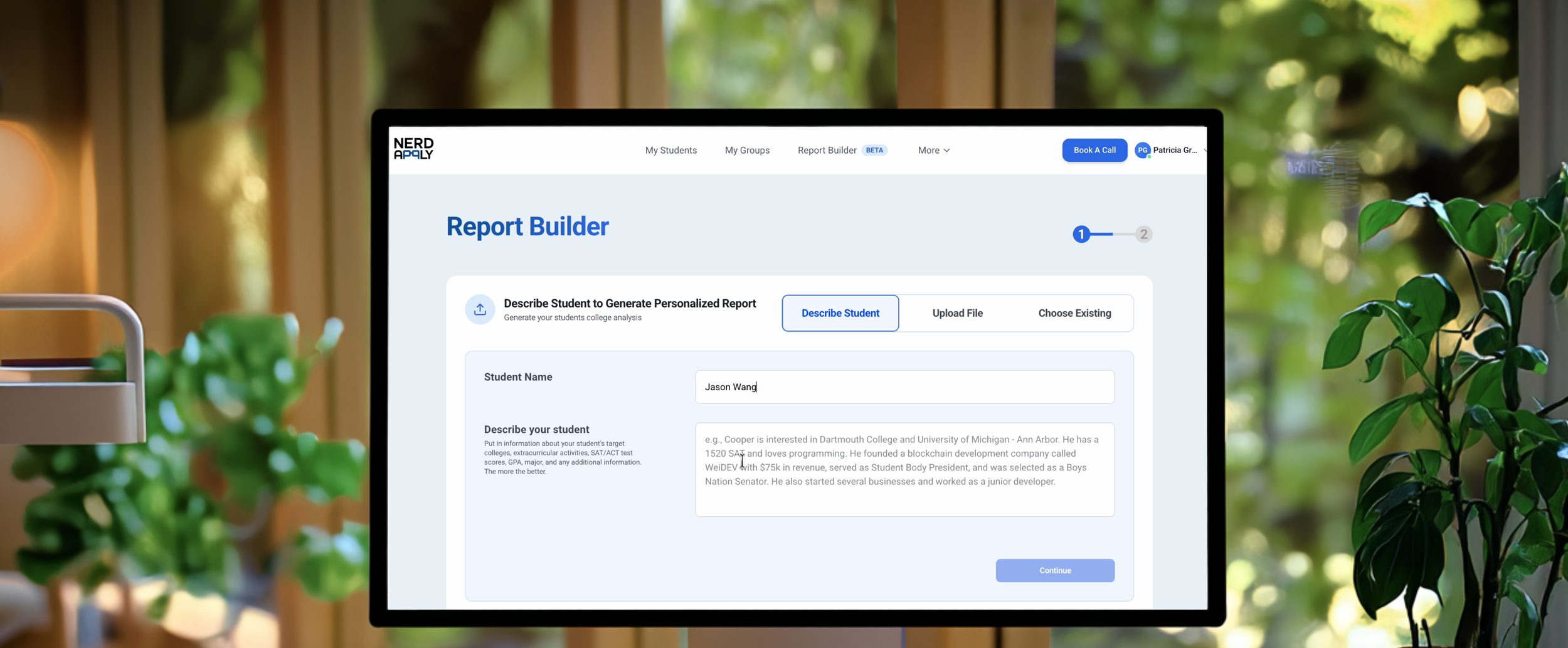How EdTech is redefining workforce development and career growth
Work environments are evolving way too fast. Employees can’t rely on the same set of skills to carry them through an entire career anymore.
In the U.S., the average job tenure is under four years, which shows how quickly the market is shifting. This means that learning new things isn't just a bonus anymore; it is important for staying relevant.
Amazon and McDonald's are responding to this by offering college credits for corporate learning. But the real challenge is creating learning experiences that are flexible, relevant to specific jobs, and aligned with workplace needs.
Here is some great news: educational technology, or EdTech, is making it easier than ever to keep up. It is truly redefining how people grow their careers.
EdTech uses digital tools and platforms to help individuals learn and succeed. It helps people remain agile and resilient in the face of constant change.
In this article, we’ll explore how EdTech is transforming workforce development and empowering professionals to take control of their career journeys.
On-demand learning model allows learners to study at their own pace
One of EdTech's biggest gifts is its incredible flexibility. Individuals can learn whenever and wherever it suits them best. This means fitting education into a busy life, whether it is early mornings, lunch breaks, or late at night.
They set their own pace, fitting lessons around jobs, family, or other commitments. This flexibility is a game-changer for adults. There is no need to quit a job or disrupt a routine.
This approach goes beyond mere convenience. It is about removing traditional barriers like rigid schedules and fixed locations.
This flexibility also contributes to overall well-being and helps people cope better with daily life.
When learning fits comfortably into one's routine, it reduces stress and allows for better time management. This less stressful, more integrated learning experience helps make continuous learning a positive, sustainable habit rather than a burdensome obligation.
What’s more, learners can absorb complex ideas better when they control their pace. They can pause, review, and revisit lessons as often as needed. This personalized approach helps individuals stay engaged and remember what they have learned.
EdTech makes career transitions smoother and more achievable
More and more people are choosing to switch careers, even later in life. A report by FlexJobs found that nearly 70% of U.S. workers either had thought about or actually made a career change in 2024.
EdTech platforms are playing a big part in making these transitions possible. Traditionally, changing careers came with big challenges like affordability. EdTech helps overcome these hurdles.
Online degrees, for instance, can be up to three times cheaper than in-person programs. This means people can gain new skills without accumulating a mountain of debt.
EdTech also focuses on teaching job-ready skills. Take, for example, Speech-Language Pathology leveling programs. These are designed for those looking to become speech-language pathologists without a traditional undergraduate degree in the field.
SLP leveling programs help career changers meet graduate school prerequisites and prepare for a field that is seeing growing demand across the U.S.
According to Ithaca College, leveling courses cover topics like Phonetics, Anatomy and Physiology of the Speech and Hearing Mechanisms, Basic Audiology, and Basic Speech Science.
Programs like these make career pivots more achievable, turning what once felt like a long shot into a clear, doable path.
Short, targeted courses help build skillsets to enhance career prospects
Individuals do not always need a full degree to advance. Short, targeted courses are a powerful way to build specific skills. These programs focus on exactly what employers are looking for right now. This highlights an accelerating shift towards a skills-based economy.
Employers are increasingly valuing specific, verifiable competencies over traditional degrees. The goal to create more economic opportunities for people without college degrees is driving employers to adopt ‘skills-first’ hiring practices. Of all countries, the U.S. is leading the way in skills-first hiring, primarily by eliminating degree requirements.
Many EdTech platforms offer valuable short courses with learning paths tailored to specific career goals. The growing demand for AI and data science skills is a major focus for EdTech. AI is reshaping many jobs, and EdTech is essential for preparing the workforce for this change.
Specialized AI and data science bootcamps are also available. These programs help learners build strong portfolios and become ready for new jobs. This shows that EdTech is actively preparing the workforce for future job market demands, rather than just reacting to current needs.
EdTech is truly revolutionizing how people approach their careers. It offers flexible, accessible, and affordable ways to gain new skills, making professional development more attainable for everyone. It actively prepares people for the jobs of tomorrow by focusing on critical thinking, problem-solving, and adaptability, helping them stay ahead.
So, do not wait; explore the many EdTech options available today. Whether it is a short course or a full career change program, there is something for everyone. The next big career step might be just a click away.



